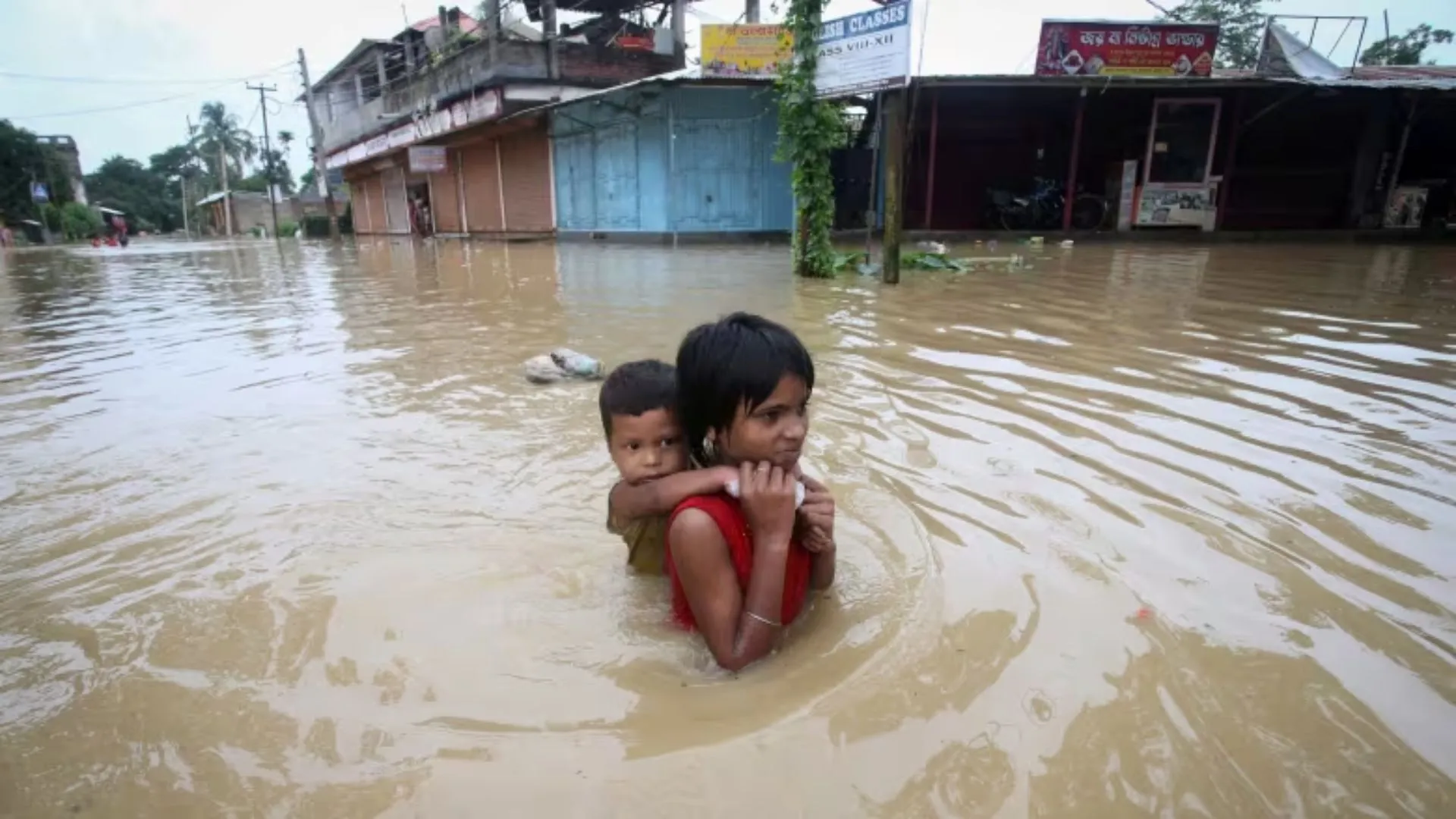The Ministry of External Affairs (MEA) has refuted claims made in a CNN report that alluded to India’s role in the recent floods in Bangladesh and stated that the report’s narrative is “misleading” and “factually not correct.”
The statement comes after CNN’s report sparked concerns and misinformation about India’s involvement in the flood situation.
Addressing the weekly media briefing on Friday, MEA spokesperson Randhir Jaiswal said, “We have seen the CNN report on the flood situation in Bangladesh. Its narrative is misleading and suggests that India is somehow responsible for the floods. This is factually not correct and ignores the facts mentioned in the press releases issued by the Government of India clarifying the situation.”
“They have also ignored that we have a regular and timely exchange of data and critical information between the two countries through existing joint mechanisms for water resources management,” the ministry added.
According to the CNN report, which stated, “Dozens of people CNN met in Feni – which is only a few miles from the India border – accused New Delhi of releasing water from the Dumbur dam in neighboring Tripura state with no warning.”
“They opened the gate, but no information was given,” said Shoriful Islam, 29, an IT worker who returned to his hometown from the capital Dhaka to volunteer in rescue efforts.
India denied the dam release was deliberate and said excessive rain was a factor. The Government said that a power outage and communications breakdown meant they were unable to issue the usual warning to neighbors downstream.
Earlier in the day, UN News Service said on X, “Over 18 million people in Bangladesh have been affected by severe monsoon conditions, with more than 1.2 million families trapped as flash floods submerge vast areas of the country’s east and southeast.”
“The UNICEF said that the worst affected regions in the country include Chattogram and Sylhet, where major rivers are ‘flowing well above danger levels,’ further aggravating the situation.”
Twenty deaths have been reported as of Tuesday, and a further 285,000 have sought refuge in more than 3,500 shelters, UNICEF added. Roads, croplands, and fisheries have also faced massive damage, severely impacting livelihoods.
(Except for the headline, this story has not been edited by Newsx staff and is published from a syndicated feed.)























